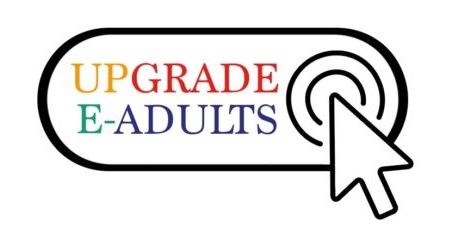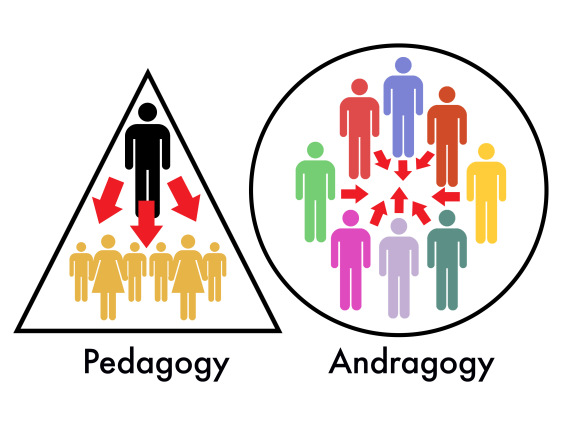Digital skills are a universe of technological skills, ranging from basic ones such as computer use, to more specific and advanced ones such as software development for artificial intelligence. They continuously change with the evolution of technologies and will also change over time, because what is now considered ‘digital literacy’, once universally acquired, will be taken for granted. In the near future, 9 out of 10 jobs will require digital skills. The digital skills referred…
Lifelong learning is the self-directed, continuous quest to seek formal or informal education for personal enjoyment or to develop career skills as explained by the tutor Jesesica Keys at study.com. Your quest for knowledge doesn’t have to end at the classroom door, make education a part of your adult life and reap the professional and personal benefits of an insatiably curious mind. It’s never too late to start! Lifelong Learning refers to the voluntary decision…
Social media, including sites like Twitter, Instagram, and Facebook, can help you find a job and connect with people who can assist you with growing your career.However, it’s important to be careful and consider what you should do on social media to aid your job search, here is a list of dos and don’ts when using social media for your job search: Do Create an Online Presence to showcase your skills and experience. Your online…
Andragogy, refers to “methods or techniques used to teach adults,” is a word coined in the 1800s by Alexander Knapp, a German educator, and popularized in the 1960s by Malcolm Knowles, an American educator whose focus was on adult education. Pedagogy instead is well known as a child-focused teaching approach. Comparison chart For Knowles, andragogy is premised on at least four crucial assumptions about the characteristics of adult learners that are different from the assumptions about child…




